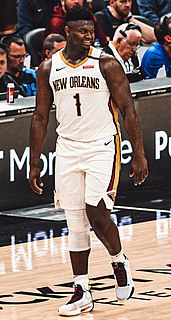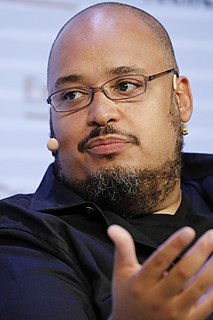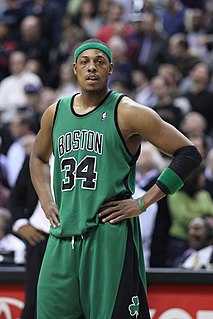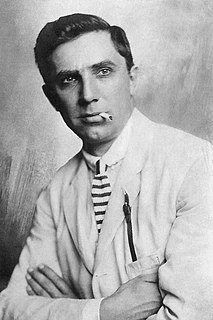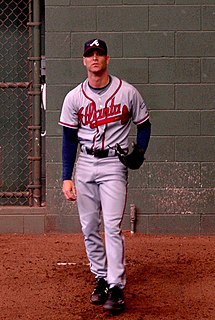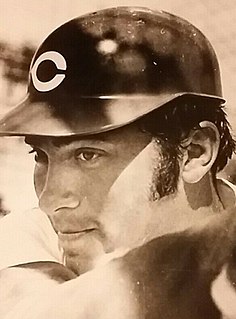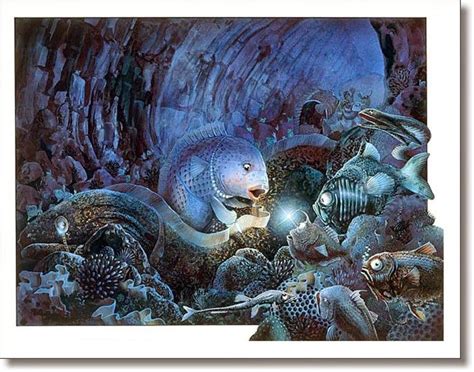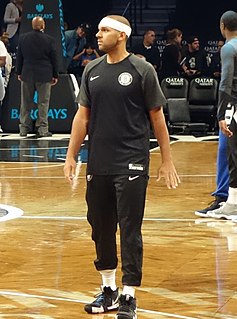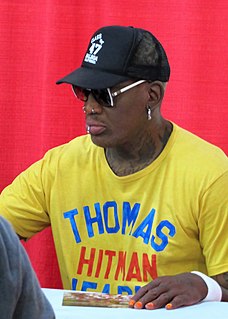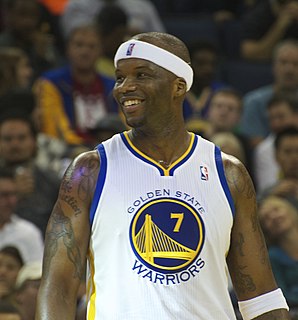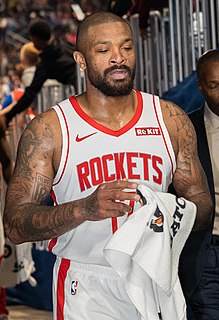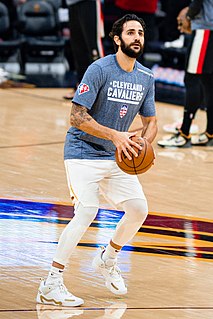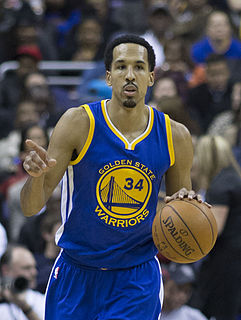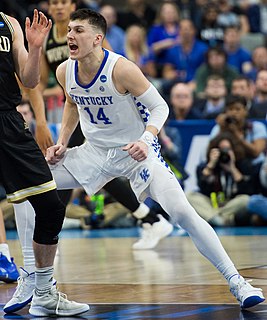A Quote by Zion Williamson
Eleventh grade is when I grew into my body. My athleticism and speed took off.
Related Quotes
Speed is the form of ecstasy the technical revolution has bestowed on man. As opposed to a motorcyclist, the runner is always present in his body, forever required to think about his blisters, his exhaustion; when he runs he feels his weight, his age, more conscious than ever of himself and of his time of life. This all changes when man delegates the faculty of speed to a machine: from then on, his own body is outside the process, and he gives over to a speed that is noncorporeal, nonmaterial, pure speed, speed itself, ecstasy speed.
There are too many false things in the world, and I don't want to be a part of them. If you say what you think, you're called cocky or conceited. But if you have an objective in life, you shouldn't be afraid to stand up and say it. In the second grade, they asked us what we wanted to be. I said I wanted to be a ball player and they laughed. In the eighth grade, they asked the same question, and I said a ball player and they laughed a little more. By the eleventh grade, no one was laughing.
People think athleticism is just physical, but it's not. It's connected to the brain and how the brain can learn to execute and see a movement or not. Especially at high speed. Being athletic is not just jumping and running and being powerful. It's the nervous system that guides the body. The muscles don't decide anything. The brain decides and makes things happen.
